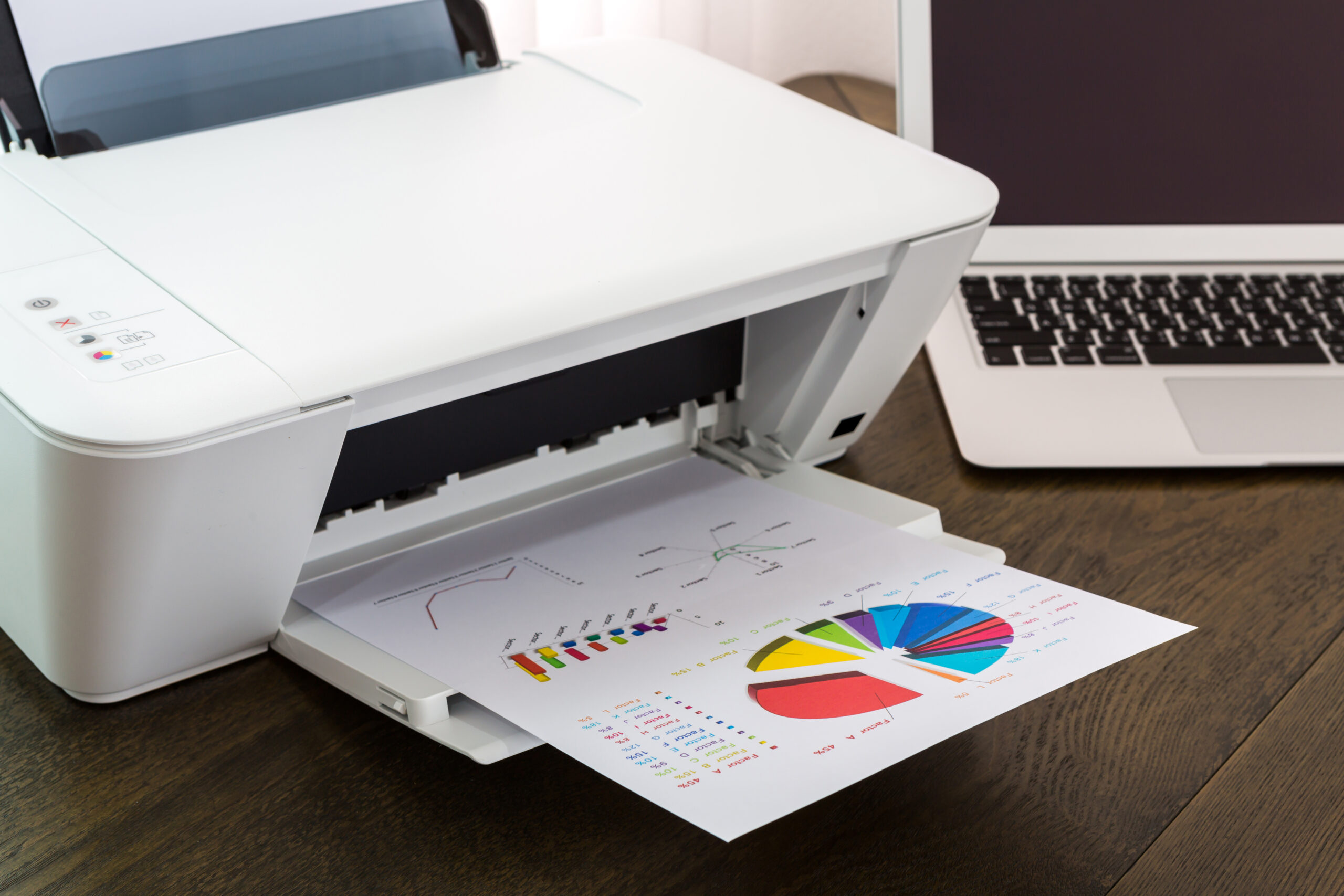You’ve set up your perfect office and assembled an ideal team; what’s next? Finding the right office equipment. Copiers are essential components of workplaces because they can streamline office operations, boost productivity, and enhance collaboration. Leasing office equipment is a big decision, one that will take you some time to work through, and that’s perfectly alright. We’re here to help guide you through the process so that you can make an informed decision. Let’s start from the top.
Assess Your Needs
It may sound cliche and basic, but understanding your office needs is the first step toward creating an efficient workspace. Here are some things to consider:
- How many units do you need? Do you have a big office needing multiple printers, or will one suffice? Will one unit suit all your needs, or will you need a fleet of printers for a larger office?
- How many employees will be using the equipment? This will help you determine how many units are needed for optimum efficiency.
- How often will you be using the equipment? This will help you choose a model that fits your printing frequency and features.
- How much space do you have for the equipment? Can you allocate floor space for a larger unit, or will you need a compact model that fits a desk instead?
Decide If You Need a Maintenance Agreement
Are you looking to get a service contract for your new printer? Most vendors offer packages that include maintenance on the unit for a fixed monthly rate. Service agreements are beneficial because they provide comprehensive coverage to ensure the machine is always in optimal working condition. They typically include routine maintenance, timely repairs, and immediate replacement of parts, which can prevent costly breakdowns. This proactive approach to upkeep minimizes disruptions to daily operations so you can have consistent access to reliable printing and copying resources. Additionally, suppliers often offer convenient re-ordering of printer supplies to ensure smooth operations at all times.
Research Providers in Your Area
Do your homework. Conduct research to find service providers near you and online. Once you narrow down a list, check their reviews to see what their service is like and what their customers say about them. Generally, local service providers are better at providing faster service because of their local presence. If you have a specific brand preference, start by searching for providers that carry that brand and work your way from there. You can also ask neighboring businesses and acquaintances about their preferred provider and whether they’re happy with the service they receive.
When choosing a provider, remember to:
- Get at least three quotes for comparison to see which offers the most favorable deal.
- Consider your preferred provider’s customer service and turnaround time for equipment delivery and repair services. Keep in mind that your relationship with a service provider is long-term, as they will support you with post-delivery assistance, training, upgrades or equipment relocation, so choose wisely.
- Find someone you can trust. While your research is a great starting point, your supplier should ultimately provide expert knowledge on what will best fit your business needs. Take your time to look for one with a proven track record of delivering expert solutions.
Ask Questions
Once you decide on a vendor, ask detailed questions about their offerings. Usually, providers will assess your printing needs and suggest a suitable option, but it’s crucial to have your requirements clearly defined to ensure you get what you need. It is common to get overwhelmed by industry jargon when talking to vendors, so don’t hesitate to ask for clarification when something is unclear. Remember, while proficient providers will prioritize your needs, it is important to advocate for yourself. If you feel the recommended model seems more or less than what you require, ask for an alternative unit that better aligns with your needs so you only pay for the features you need. For instance, you may not need to add a hole punch feature to your printer if that is not a function you typically use.
Understand Lease Terms
Review all the contract terms before signing a lease contract to ensure you’re not locked into an unfavorable lease. Read the fine print and ask for clarification if needed. Remember, a lease is a legally binding contract, so ensure you fully understand all the terms and conditions before signing off on it. Key details to consider include usage terms and termination clauses. If you feel the lease isn’t favorable, negotiate. If negotiations fail, continue searching until you find a provider with better terms. Remember, you have the option to decline, so don’t feel pressured to sign an unfavorable deal.
Leasing For Your Business
If you need assistance with your office equipment, contact us today. We offer various customizable solutions to fit your specific needs, along with a contract and maintenance agreement that ensures you get the most out of your equipment. Count on our award-winning service for reliable support whenever you need it.



